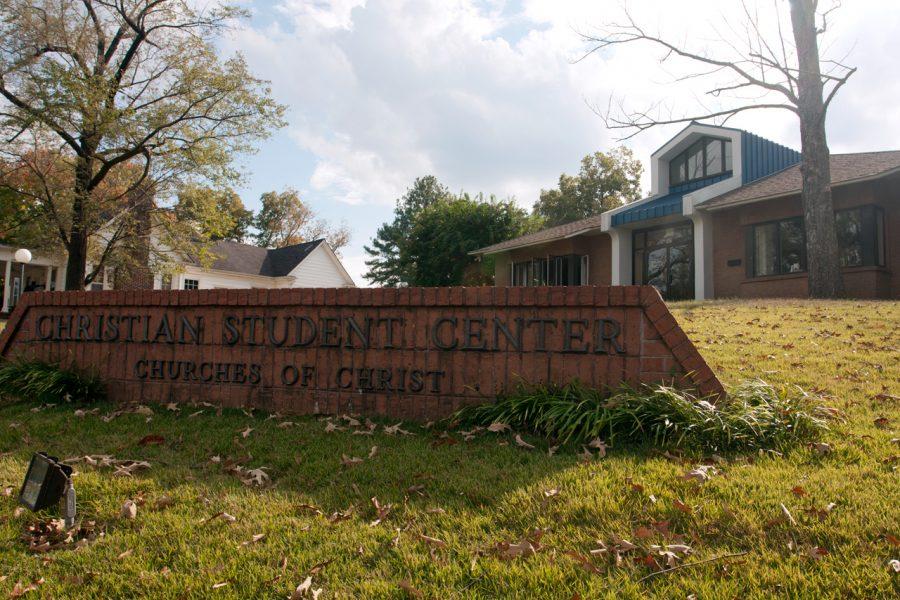Illegal download litigation hits close to campus
October 20, 2011
The practice of illegal downloading and file sharing has grown exponentially in the last decade. Illegally downloading and uploading content, such as movies and music, became popular with the birth of sites like Napster, Limewire and Bittorrent.
The entertainment industry brought in $14.6 billion in 1999; today, the industry draws in less than $6 billion. Dr. Robert Garfrerick, chair of the Department of Entertainment Industry, said that the desire for music and content is still there, but people simply just do not want to pay for it anymore.
“The challenge now is figuring out how to monetize the market,” he said. “Once content is given away, people expect it for free. And it’s hard to compete with free.”
Walt Aldridge, an associate professor in the entertainment industry department, said that the industry model needs to be restructured to meet the changing needs of both the consumer and producer.
“The world is changing, and we’re grappling with how to change with it, and how to reinvent the model of the industry so that creativity can be reimbursed and even encouraged,” he said.
While entertainment groups cannot punish every offender that practices illegal downloading or uploading, students should understand that this issue is a federal offense and it does affect more people than just the artist.
“When students don’t purchase music, they don’t realize that they’re hurting more than just the artist,” said Jenni Powell, UNA junior entertainment industry studies major. “Students should consider the writer and publisher, too, who only make about .091 cents per song anyway. It may seem like a small thing, but it adds up and makes a pretty substantial impact.”
The Christian Student Center was recently presented with a lawsuit from Comcast for an alleged illegal uploading incident that occurred in the spring of 2010. The CSC reported that someone allegedly accessed its wireless Internet to upload a movie to a file-sharing site, where Maverick Entertainment Group, Inc. initially came across the offense and sued Comcast.
The CSC has since taken several steps to protect itself and its Internet access. Like the CSC, students should update their firewalls and safety software frequently and change wireless Internet passwords regularly.
Danny Pettus, director of the CSC, urges students and members of the community to remember that this practice is illegal and punishable.
“Depending on the severity of the incident, and the number of times, the fines could range anywhere from $750 to $150,000, not to mention the fees someone would pay for a lawyer and court costs,” Pettus said.












